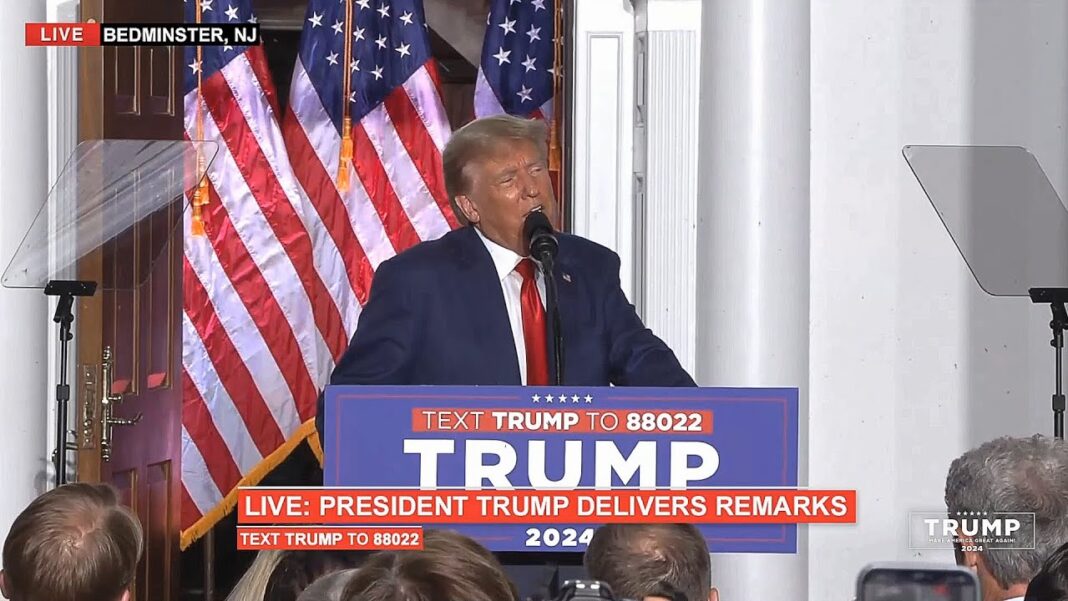The United States has paused the approval of new export licenses for most civilian firearms and ammunition sold to all non-governmental users for 90 days.
The United States has paused the approval of new export licenses for most civilian firearms and ammunition sold to all non-governmental users for 90 days, the Commerce Department said late Friday, citing national security and foreign policy interests.
The decision includes most semiautomatic and non-automatic firearms, shotguns, and optical sights.
The Commerce Department is also reviewing its support of the country’s biggest gun trade show to ensure it “does not undermine US policy interests.”
“The review will be conducted with urgency and will enable the Department to more effectively assess and mitigate risk of firearms being diverted to entities or activities that promote regional instability, violate human rights, or fuel criminal activities,” the department said in its announcement.
The Commerce Department gave no further details about the motivation behind the decision, nor whether long-term changes could be expected in the future.
The halt covers most of the guns and ammunition that could be purchased in a U.S. gun store, said Johanna Reeves, a lawyer who specializes in export controls and firearms with the law firm Reeves & Dola in Washington.
Ms. Reeves said she had not seen the Commerce Department take such a sweeping action like this before. “For sure they have individual country policies—but nothing like this,” she said.
U.S. companies that sell firearms, including Sturm Ruger & Co., Smith & Wesson Brands, and Vista Outdoor, could be impacted by the export ban. Overseas customers include distributors and stores that sell firearms.
The freeze doesn’t apply to Israel, Ukraine, and several close allies that signed a multilateral export-control agreement with the United States. Nevertheless, the pause targets some of the biggest export markets for American gunmakers, including Brazil, Thailand, and Guatemala.
Exporters can continue to submit license requests during the pause, but they will be “held without action” until the pause is lifted.
The pause does not affect previously issued export licenses, the Department of Commerce said.
By Wim De Gent








